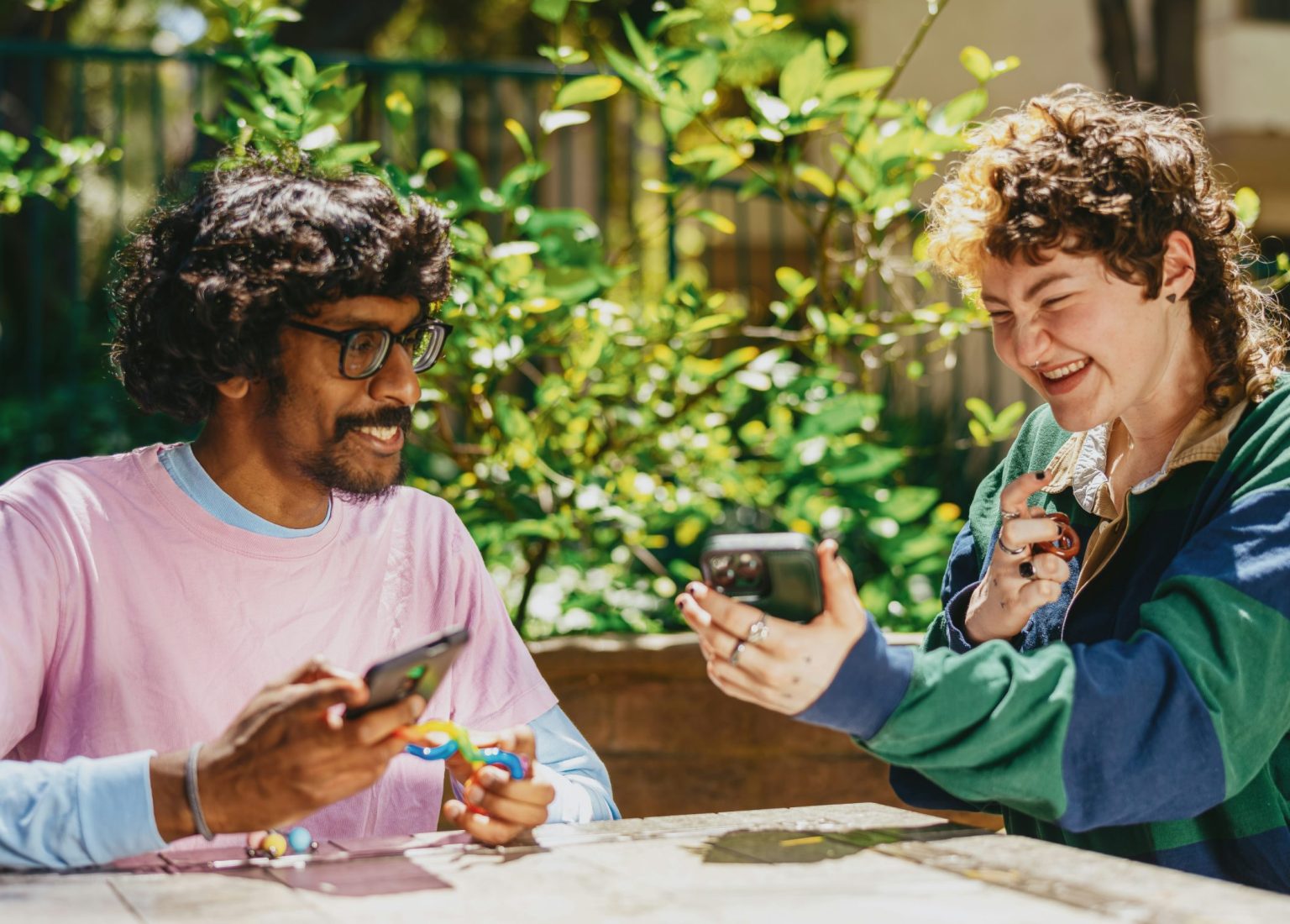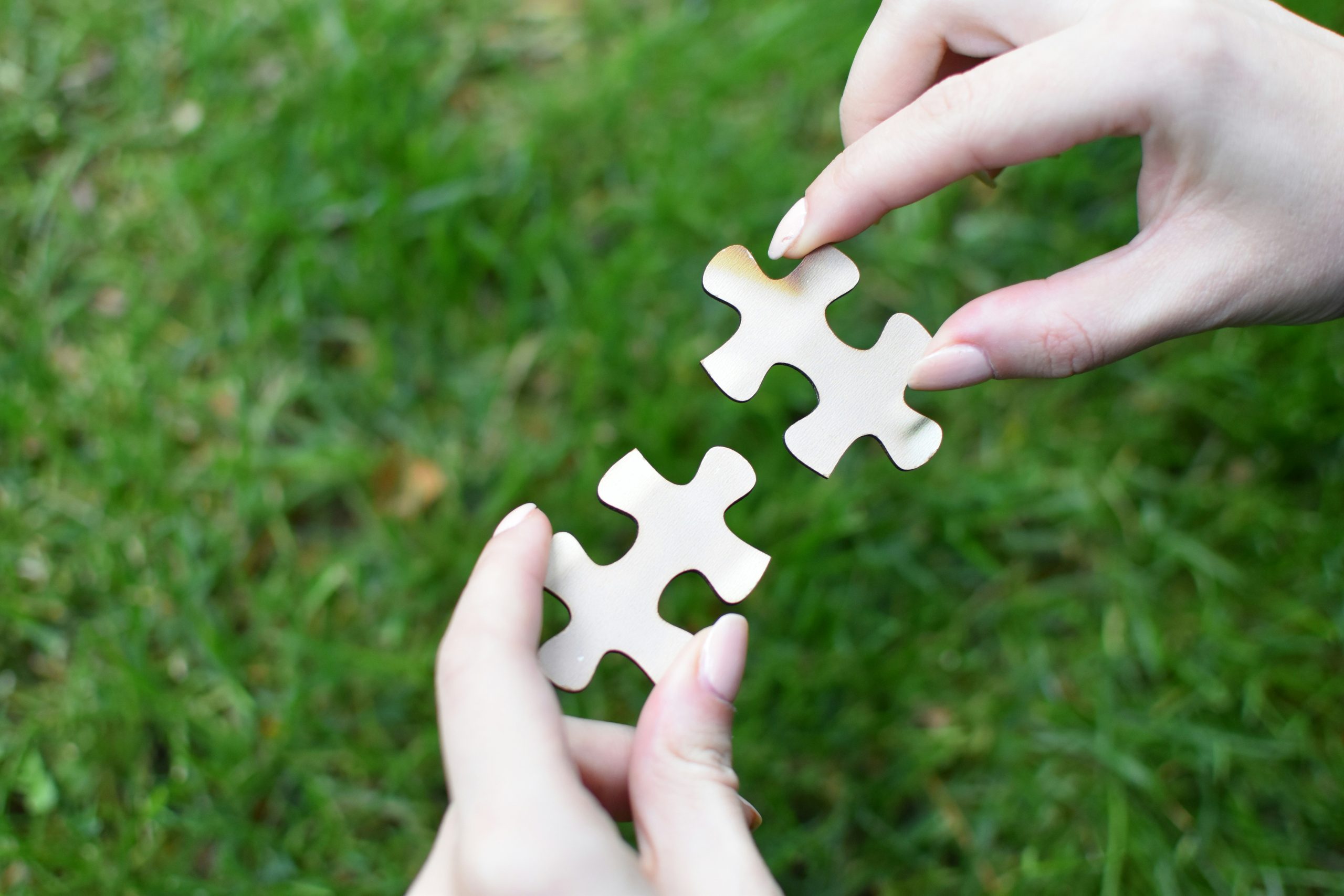How Can I Support My Neurodiverse Partner?
Ways to Support your Neurodiverse Partner
Understanding and supporting a partner with neurodiverse conditions such as ADHD (Attention-Deficit/Hyperactivity Disorder), ASD (Autism Spectrum Disorder), or dyslexia requires empathy, patience, and a willingness to learn. Each condition brings its unique set of challenges and strengths, and creating a supportive relationship environment can greatly enhance mutual understanding and connection. We love that you are here looking for ways to better support your partner, and we hope that these can help you on your way to building a supportive, safe and healthy relationship.

Educate Yourself
The first step in supporting your neurodiverse partner is to educate yourself about their specific condition(s). Neurodiversity encompasses a range of differences in brain function and behavioral traits, including ADHD, ASD, dyslexia, and more. Understanding these conditions goes beyond knowing the definitions; it involves learning about how they affect daily life, relationships, and personal experiences.
Learn About the Conditions: You are already on your way to learning how to support them by reading this blog. You can also read books, research their diagnosis online and follow experts in the field on social media. Websites like the ADHD Association, Autism Society, and International Dyslexia Association provide valuable resources. Following people with lived experience on social media can help enhance your understanding on what it means to live as a neurodiverse person.
Understand the Symptoms and Challenges: Each neurodiverse condition has its characteristics. For instance, ADHD may involve difficulties with attention, hyperactivity, and impulsivity. ASD can include challenges with social interaction, communication, and repetitive behaviors. Dyslexia primarily affects reading and language processing. Knowing these specifics can help you recognize your partner’s struggles and needs.
Empathy and Compassion: With understanding comes empathy. Recognizing that your partner’s behaviour is often influenced by their neurodiverse condition can help you respond with patience and support rather than frustration or misunderstanding.
Open Conversations: Discuss your partner’s experiences with them. Ask about their challenges and what support they find most helpful. It’s great to have an overall understanding of neurodiversity, but the next step is to really understand your partner’s unique experiences and what it is like to be them in the world.
2. Respect Their Differences
Neurodiverse individuals often think, process information, and experience the world differently from neurotypical people. Embracing these differences rather than viewing them as deficits is crucial for a healthy, supportive relationship.
Celebrate Their Strengths: Neurodiverse individuals often have unique strengths. For instance, people with ADHD may be incredibly creative and energetic, while those with ASD might have exceptional attention to detail and strong focus on specific interests. Dyslexic individuals often excel in problem-solving and creative thinking. Recognize and celebrate these strengths.
Avoid Comparison: Refrain from comparing your partner to neurotypical standards. Understand that their way of processing information and interacting with the world is just different, not wrong or inferior.
Foster Inclusivity: Create an inclusive environment where your partner feels safe and valued for who they are. Encourage them to pursue their interests and passions, and be supportive of their unique needs and preferences.
Adapt Your Perspective: Challenge any preconceived notions about neurodiversity. Embrace a mindset that values different ways of thinking and being, which can enrich your relationship and personal growth.
3. Communicate Clearly and Directly
Effective communication is vital in any relationship, but it’s particularly important when your partner is neurodiverse. Clear, direct, and compassionate communication can prevent misunderstandings and foster a deeper connection.
Be Direct and Clear: Neurodiverse individuals may find indirect communication or subtle hints confusing. Be explicit about your thoughts, feelings, and expectations. For instance, instead of saying, “I wish you would help more around the house,” be specific: “Can you please take out the trash and wash the dishes tonight?”
Be Patient: Processing information and responding might take longer for your neurodiverse partner. Give them the time they need to express themselves without rushing or interrupting them. Ask them what they need when you are giving feedback or sharing how you feel so that you can be on the same page when having conversations.
Use Visual Aids: For some neurodiverse individuals, visual aids like written notes, lists, or diagrams can be helpful. These tools can assist in organizing thoughts and providing clear guidance.

4. Create a Supportive Environment
A supportive environment can significantly reduce stress and enhance the well-being of your neurodiverse partner. This involves establishing routines, organizing spaces, and providing emotional support tailored to their specific needs.
Establish Routines: Consistency and predictability can be very comforting for neurodiverse individuals. Develop daily or weekly routines that provide structure. For example, set regular times for meals, chores, and relaxation.
Organize the Space: A tidy and organized living space can help reduce distractions and make it easier for your partner to focus. Create designated areas for important items and activities to minimize chaos.
Use Assistive Tools: Encourage the use of tools and technologies that can aid in managing their symptoms. For example, digital planners, reminder apps, and noise-canceling headphones, stim spaces and fidget toys can be very beneficial.
Emotional Support: Be there emotionally for your partner. Listen to their concerns, offer encouragement, and validate their feelings. Let them know that it’s okay to ask for help and that you’re in this together.

Supporting a neurodiverse partner involves a combination of education, empathy, clear communication, structured support, and positive reinforcement. By understanding their unique challenges and strengths, you can create a nurturing and supportive relationship environment for growth and intimacy in your relationship. Remember, the goal is not to “fix” your partner but to support them in navigating their world in a way that is respectful, understanding, and affirming. We are all different from one another, whether we have a diagnosis, or not. Through these efforts, you can build a stronger, more compassionate partnership that celebrates and values neurodiversity. If you need more support in your relationship we would be honoured to support you in couples or individual counselling.




